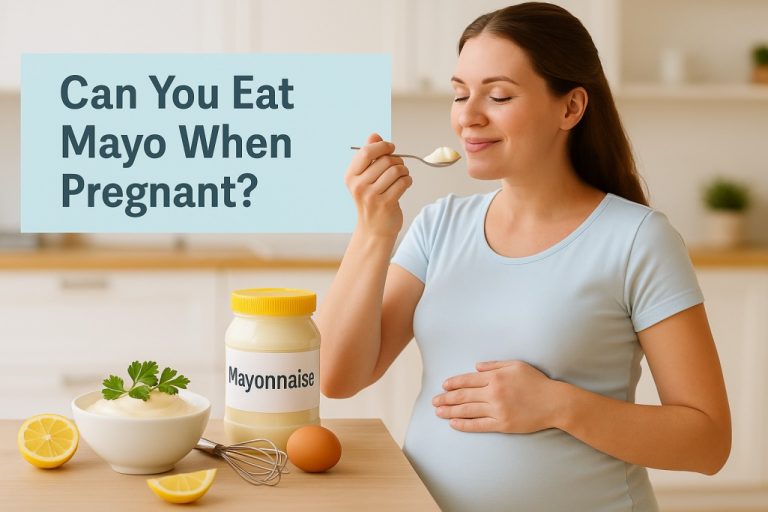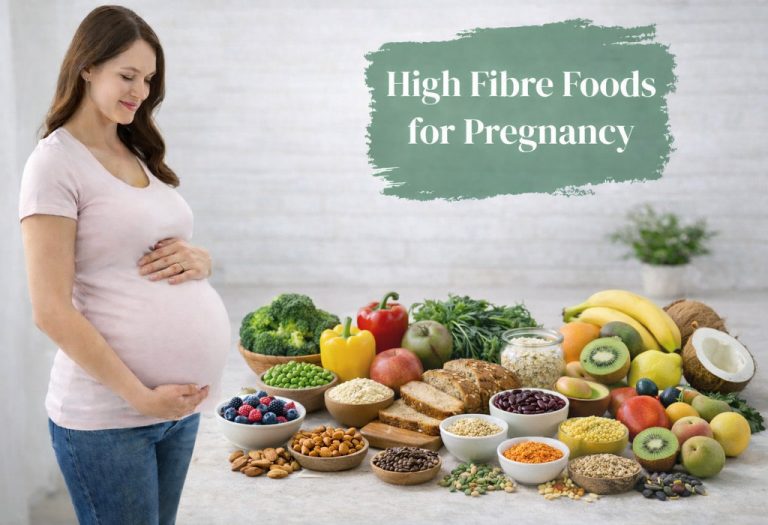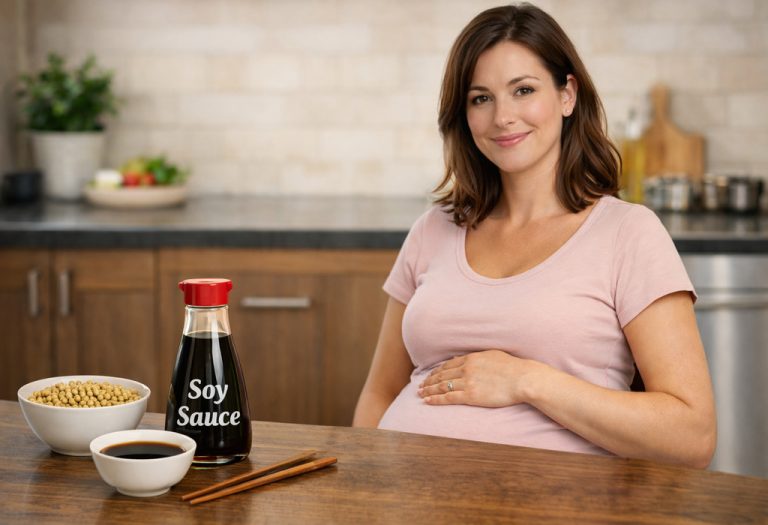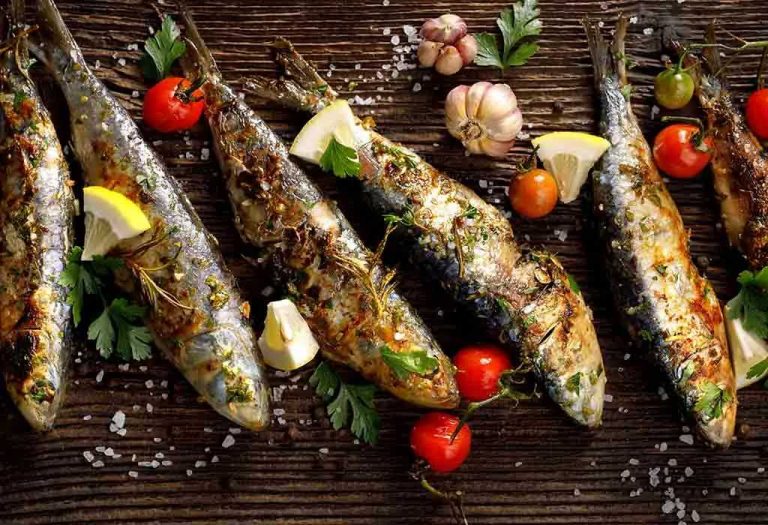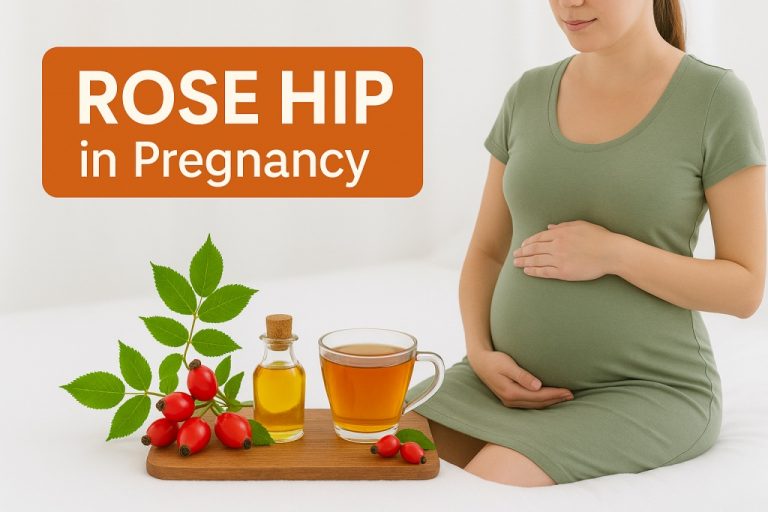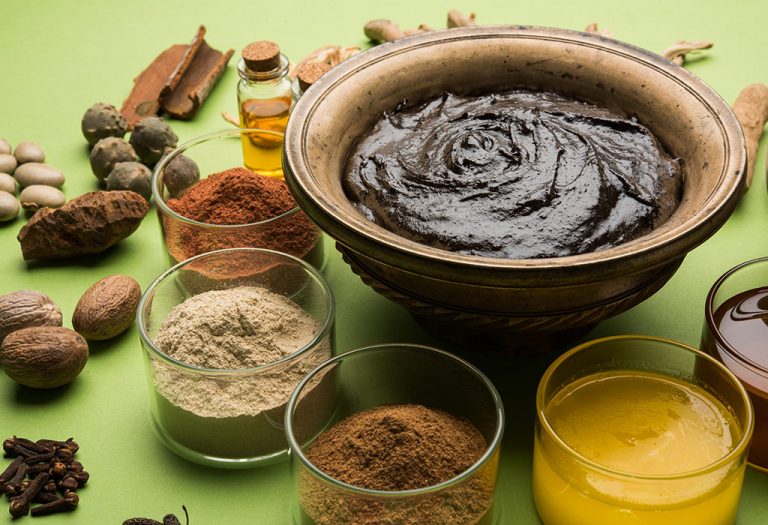Eating Mayonnaise During Pregnancy – Is It Safe?

A significant concern for expectant mothers revolves around the dietary choices they must make to guarantee the healthy growth and development of their baby. Navigating through the dos and don’ts of pregnancy nutrition can be a daunting task. In this comprehensive article, we delve into a common query among pregnant women: is it safe to eat mayonnaise during pregnancy? We meticulously examine the nutritional value of mayonnaise, exploring its ingredients and the benefits it may offer. Additionally, we address the potential risks of consuming mayonnaise for pregnant woman. Our goal is to provide mothers-to-be with the information they need to make informed dietary choices for themselves and their developing baby.
Can You Eat Mayo When Pregnant?
Many expectant mothers often wonder, “Is mayonnaise safe during pregnancy?” The good news is that pregnant women can eat mayonnaise if it is made with pasteurised eggs. Commercially produced mayonnaise is also safe since it is made of pasteurised eggs (1). Mayonnaise is made of egg yolk, lemon juice or vinegar, and vegetable oil (2). The lecithin and protein present in the yolk act as emulsifiers and stabilise the mayonnaise, keeping all the ingredients blended.
The primary risk associated with eating raw eggs is a food-borne disease caused by the salmonella bacteria. The disease is called salmonellosis, and it causes nausea, vomiting, fever, headache, diarrhoea and abdominal cramps (3). It also causes other serious complications like extreme dehydration, reactive arthritis, bacteria in the bloodstream, and meningitis. This disease can also be transferred to the foetus and cause severe developmental defects.
Types of Mayonnaise
There are several varieties of mayonnaise available, and you can decide which one you want to get based on the egg and fat content. Here are the different kinds of mayonnaise available in the market:
- Full-Fat Mayonnaise: This contains 65%-75% fat.
- Light Mayonnaise: This has low-fat content (less than 30%) and 3% egg. It may contain a thickening agent like corn starch.
- Extra Mayonnaise: It contains about 4% egg and 10% fat.
- Real Mayonnaise: This contains 6% egg and over 78% fat.
Nutritional Values of Mayonnaise
Whether you opt for homemade, fresh, or commercially produced mayonnaise, it is important to know the nutritional content and ingredients to make sure it is healthy for you and your baby. Here is the nutritional content of mayonnaise (4):
- Mayonnaise is very high in calories. It contains 700 Kcal per 100 grams or 94 Kcal per tablespoon.
- Mayonnaise is also very high in fat content. One tablespoon of mayonnaise contains 5 mg of cholesterol.
- One tablespoon of mayonnaise can contain up to 125 mg of sodium. The recommended daily salt intake should not exceed 2 gm.
- Mayonnaise also contains vitamins A, D, E, K, B6, and B12.
How Much Mayonnaise Should You Consume During Pregnancy?
You can consume 1 tbsp mayonnaise by using it as a dressing on your salad or spreading it on your bread slices before making a healthy veggie or chicken sandwich (5). If you’re feeling adventurous, you can mix in other condiments with mayonnaise and make it a fun dip for your carrot sticks, turning it into a healthy snack! But consume it in a limited amount.
Furthermore, do remember that you consume mayonnaise made of pasteurised eggs only (and in limited quantities). For a healthy pregnancy, eat it once in a while!
Benefits of Consuming Mayonnaise While Pregnant
Understanding the nutritional aspects and potential benefits of consuming mayonnaise during pregnancy can help expectant mothers make informed dietary choices. Here, we explore some of the positive aspects of including mayonnaise in pregnancy diet.
- Provides Essential Fats: Mayonnaise, especially when made with healthy oils like olive or avocado oil, can be a good source of essential fatty acids (6). These fats are crucial for the development of the baby’s brain and nervous system.
- Offers Vitamins and Minerals: Depending on the type of mayonnaise, it can offer various vitamins and minerals important for pregnancy. These may include Vitamin E, which acts as an antioxidant, and Vitamin D, along with calcium, which is vital for bone health.
- Can Enhance Flavour and Palatability: Pregnancy can often bring about changes in taste and appetite. Adding mayonnaise to meals can enhance the flavour and palatability of foods, making it easier for pregnant women to maintain a nutritious diet.
- Source of Protein: Some types of mayonnaise, particularly those that are egg-based, can provide a small but valuable amount of protein. Protein is essential for the growth and development of fetal tissues and the expansion of maternal tissue.
Effects of Consuming Excessive Mayonnaise During Pregnancy
Although mayonnaise contains several vitamins and minerals, excessive consumption can cause harm to you and your baby. Some of the effects of excessive mayonnaise consumption are:
- High-Calorie Content: As mayonnaise is very high in calories, having mayonnaise with other foods can lead to over-consumption of calories, which may result in excess weight gain.
- High Sodium Content: Mayonnaise is very high in salt content. One cup of mayonnaise contains nearly 50% of the daily recommended intake of sodium. High sodium can cause dangerous spikes in blood pressure, which can be detrimental to both the baby and the mother-to-be.
- High-Fat Content: Mayonnaise has a high fat content. Studies have shown that high amounts of fat consumed by the mother-to-be can harm the baby’s immune system. Furthermore, a high-fat diet during pregnancy can affect the brain and endocrine system of the baby (7).
- May Contain Artificial Preservatives: Commercially made mayonnaise contains chemicals and additives to keep it from spoiling. These chemicals may not be safe for the growing baby. The chemicals may cause side-effects such as fatigue, nausea and allergies in pregnant women.
Tips for Selecting the Right Mayonnaise
Here are some tips for choosing the right type of mayonnaise for pregnant women (8):
- Read the Manufacturing Details: Read the manufacturing details carefully to know how the mayonnaise was prepared. Make sure it has been produced in a hygienic environment.
- Check the Label: Read the label to ensure that the product does not contain raw eggs.
- Choose One Made From Pasteurised Eggs: Always buy mayonnaise that has been prepared using pasteurised eggs.
- Do Not Buy Homemade or Conventional Brands: Do not buy homemade or conventional brands of mayonnaise, as they will most likely contain raw eggs.
- Ask Farm Shops and Restaurants if the Eggs Are Raw: Ask farm shops and restaurant owners if their mayonnaise contains raw eggs before you buy the mayonnaise.
Healthier Alternatives to Mayonnaise
In case you are concerned about the high fat and sodium content present in mayonnaise and are worried about the threat of salmonellosis, you can try these healthier alternatives:
- Commercially sold eggless mayonnaise
- Tofu mayonnaise
- Yoghurt
- Mustard sauce
- Low-fat sour cream
- Almond or cashew paste spread
How You Can Make Mayonnaise at Home?
You can enjoy homemade mayonnaise using pasteurised eggs. Here’s how!
- Take two pasteurised eggs. Separate the yolks into a bowl.
- Add half a teaspoon of mustard powder and 1/4th teaspoon of salt. Whisk and combine well.
- Whisk in 1 teaspoon of vinegar and 1.5 teaspoons of lemon juice.
- Slowly add in 3/4th cup of olive oil while continuously whisking the mixture until well blended.
- If it appears like the oil is not blending, stop adding oil and keep whisking till it blends. Then continue adding the rest of the oil and ensure that it blends in well. Add 1/4th teaspoon of white pepper and adjust the salt.
- Cool this in the fridge until ready to use.
FAQs
1. Is commercial mayonnaise safe?
Commercial mayonnaise is made from pasteurised eggs and is free from bacteria that cause food-borne illnesses. It is better to be safe by consuming only pasteurised mayonnaise during pregnancy (1).
2. Can I eat hollandaise and bearnaise sauces during pregnancy?
Hollandaise and bearnaise sauces are made by mixing eggs and clarified butter on low heat. The heating can get rid of some of the bacteria, but not all of it. These sauces can be eaten if they are made using pasteurised eggs.
3. Can I eat expired mayonnaise during pregnancy?
Usually, expired mayonnaise can still be eaten 3-4 months after the best-before date. However, pregnancy is not the time to take unnecessary risks by eating spoilt or expired foods. This can make you ill and affect your baby. So, it is better to avoid expired mayonnaise during pregnancy.
4. Can consuming mayonnaise during pregnancy lead to excessive weight gain?
While mayonnaise is calorie-dense due to its fat content, consuming it in moderation as part of a balanced diet during pregnancy is unlikely to lead to excessive weight gain. However, it’s essential to be mindful of portion sizes and to balance mayonnaise consumption with other nutritious foods.
5. Is it safe to eat aioli during pregnancy?
Aioli is safe during pregnancy only if it’s made with pasteurised eggs or is an egg-free version. Traditional homemade aioli often uses raw eggs, which can carry salmonella bacteria and pose a food safety risk for pregnant women.
This was all about eating mayonnaise in pregnancy. Mayo for pregnant is a delightful addition to the diet. You do not have to avoid mayonnaise completely during pregnancy. Small amounts of mayonnaise while pregnant will not harm the baby. You only need to ensure you don’t eat mayo made using raw eggs during pregnancy to prevent food-borne diseases.
Also Read:
Eating Ghee while Pregnant
Eating Cheese during Pregnancy
Consuming Peanut Butter in Pregnancy
Is It Safe to Consume Butter during Pregnancy?
Was This Article Helpful?
Parenting is a huge responsibility, for you as a caregiver, but also for us as a parenting content platform. We understand that and take our responsibility of creating credible content seriously. FirstCry Parenting articles are written and published only after extensive research using factually sound references to deliver quality content that is accurate, validated by experts, and completely reliable. To understand how we go about creating content that is credible, read our editorial policy here.
1. U.S. Food & Drug Administration – Dairy and Eggs – Food Safety for Moms to Be
3. Cleveland Clinic – Salmonella
4. University of Rochester Medical Center – Mayonnaise, low sodium, low calorie or diet, 1 cup
5. U.S. Department of Agriculture – Dietary Guidelines For Americans
6. UC Davis Health – Olive oil health benefits and why you should add it to your diet
8. Center for Science in the Public Interest – Is mayo healthy? You might be surprised






